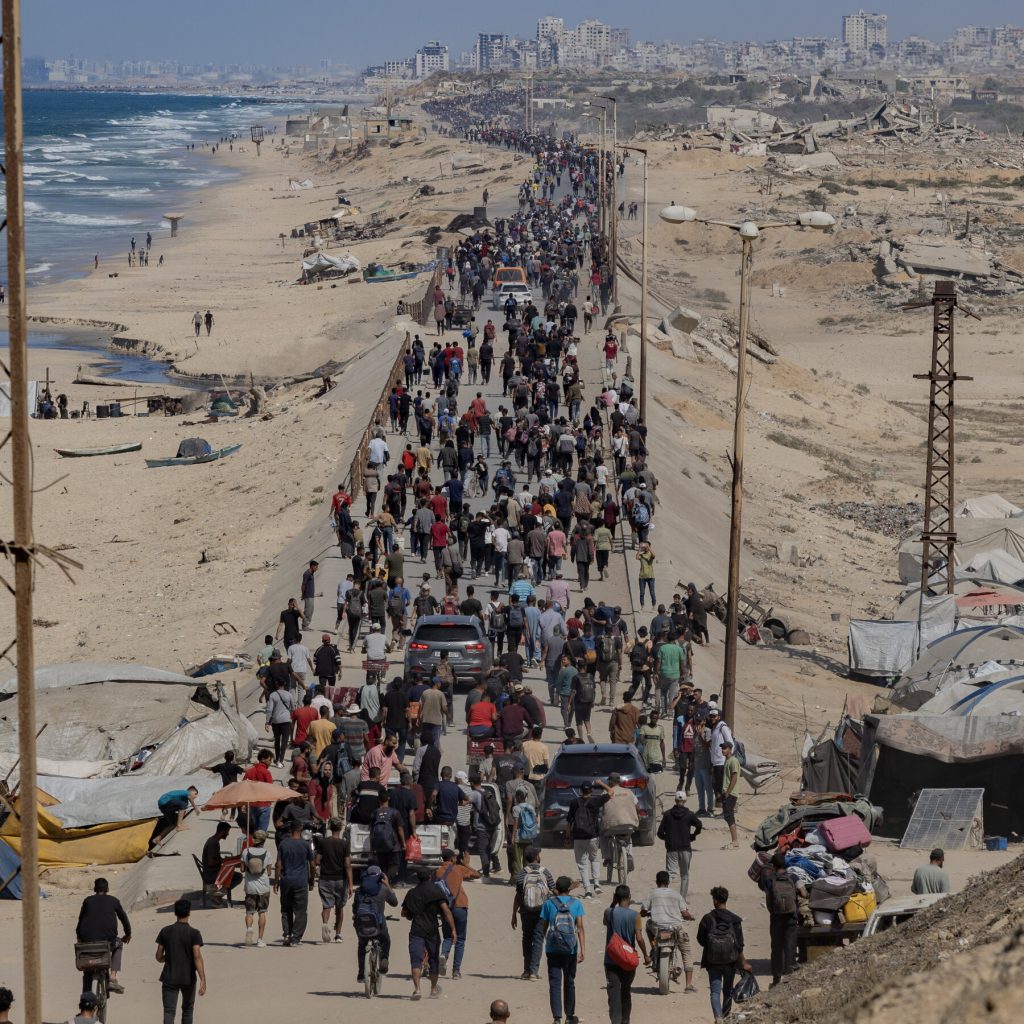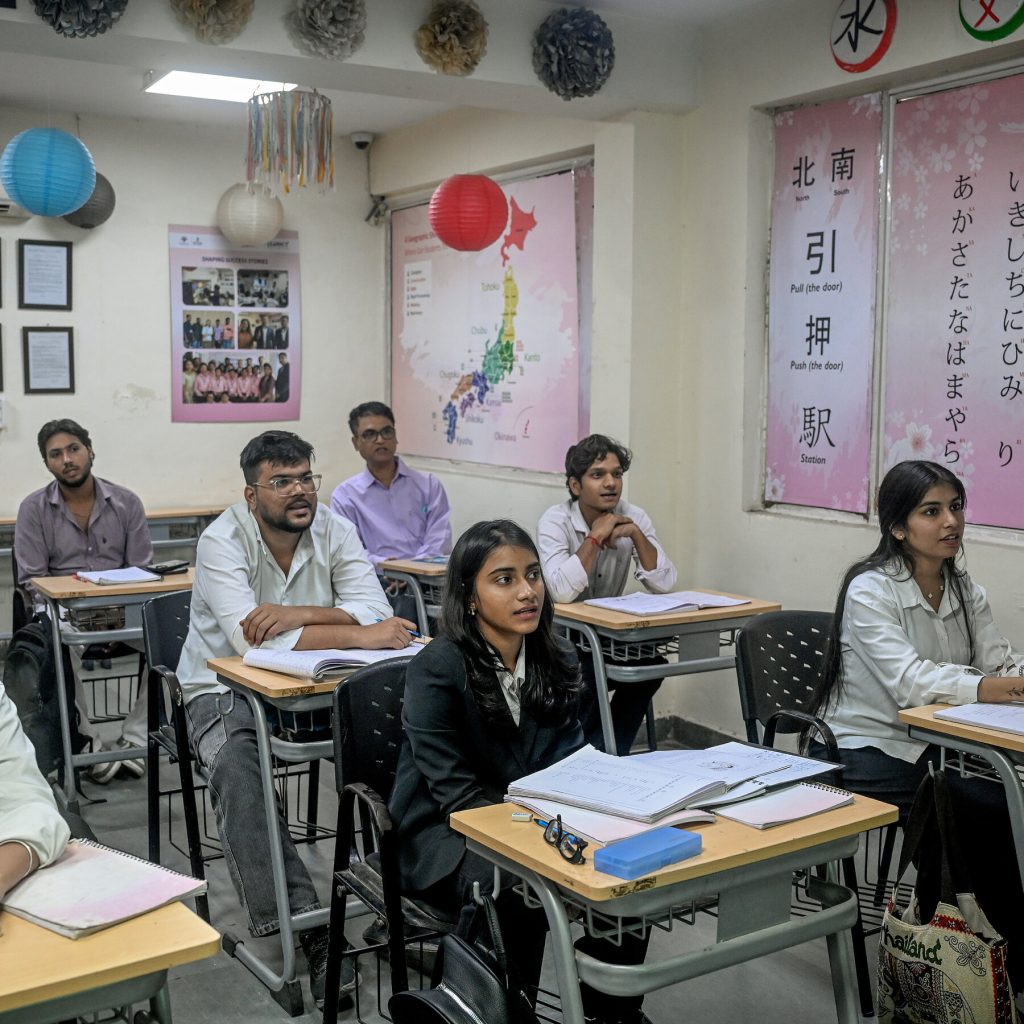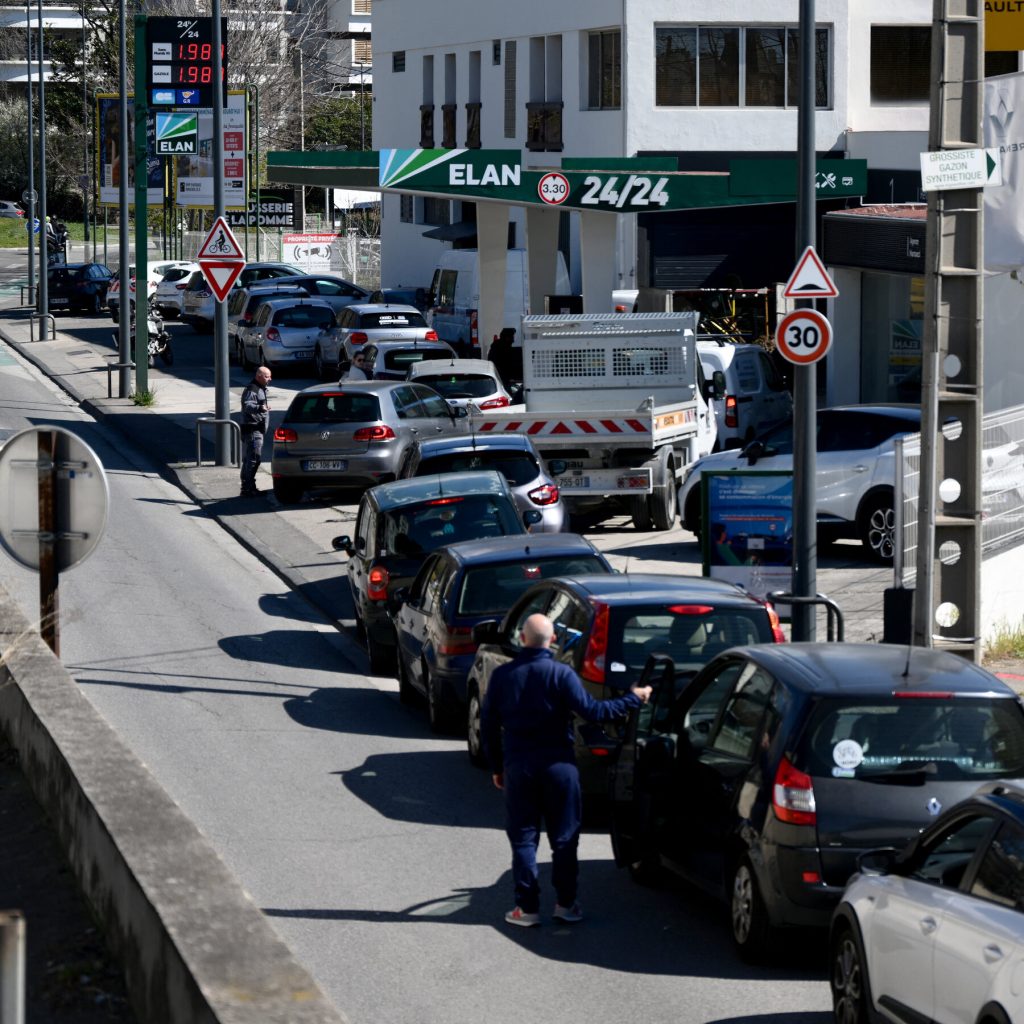Israel Reopens Northern Gaza Crossing to Deliver Humanitarian Aid
Cease‑fire eases immediate hunger, but challenges remain
The recent cease‑fire agreement with Hamas has temporarily reduced the acute food shortages that plagued Gaza’s civilian population during the intense phases of the conflict. Residents report that the lull in hostilities has allowed some families to access basic meals after weeks of scarcity.
Restrictions continue to hinder aid operations
Despite the reopening of the crossing, aid agencies warn that Israeli security measures are still impeding the efficient flow of assistance. “We are seeing trucks cleared for entry, but bureaucratic delays and checkpoint checks are slowing distribution,” said a senior coordinator from the International Relief Network.
Logistical bottlenecks at the crossing
Humanitarian groups note that the limited operating hours, stringent documentation requirements, and occasional security inspections are causing significant backlogs. These obstacles reduce the amount of food, medicine, and essential supplies that can reach those in need each day.
Calls for smoother coordination
UN officials and non‑governmental organizations are urging both Israeli authorities and Hamas to establish a clear, joint protocol that would streamline the verification process for aid trucks. They argue that a more predictable system would prevent “aid fatigue” and ensure that relief reaches vulnerable families promptly.
Looking ahead
The reopening of the northern crossing marks a positive step, yet the long‑term effectiveness of humanitarian efforts will depend on sustained cooperation and the easing of restrictions that currently hamper the delivery of life‑saving assistance to Gaza’s civilian population.






